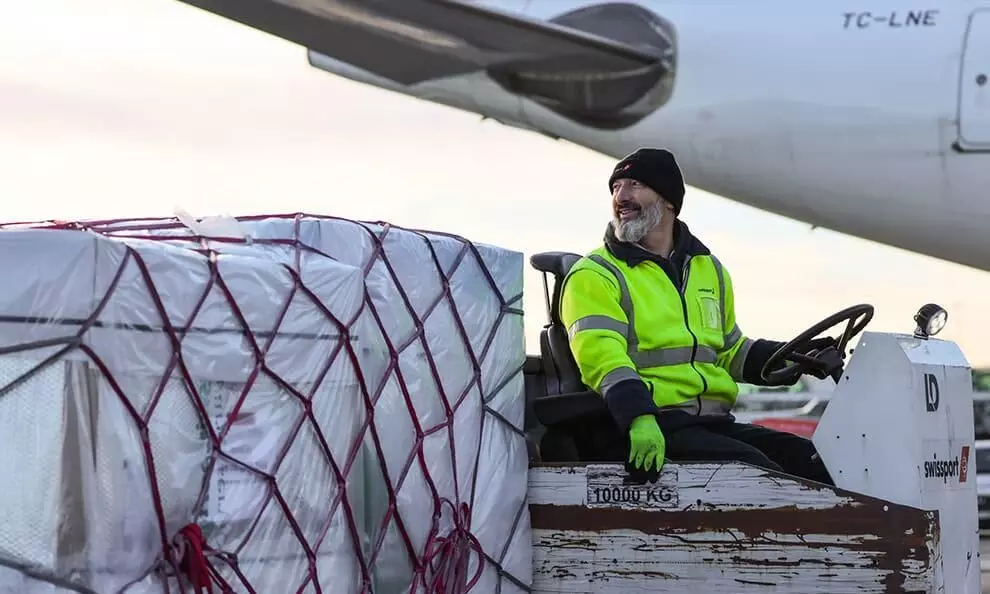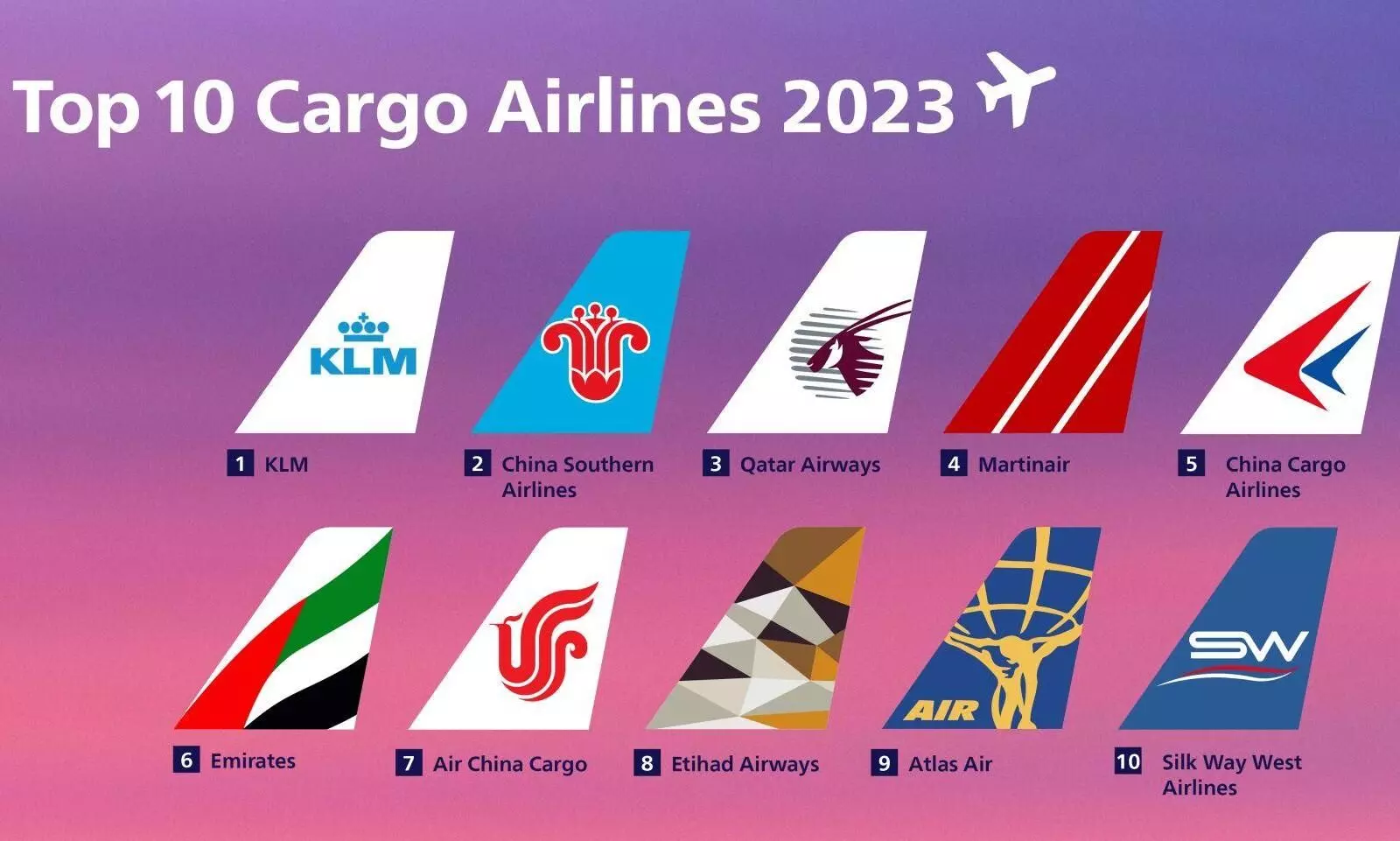
Schiphol betting on innovation for improved cargo handling
Schiphol is focusing on Road Feeder Service to replace air transport to and from the airport

Photo Credit: Schiphol Airport
An important component of the Smart Cargo Mainport Programme (SCMP), aimed at improving land-side air cargo handling at Schiphol, is the Road Feeder Service (RFS) project focusing on road replacing air transport to and from the airport.
"The RFS project is collecting all relevant data on these road transports and integrating it into a digital system for sharing between the relevant chain partners. This brings opportunities as well as challenges for the parties," says an official update.
“As a leading European air cargo hub, Cargo City Schiphol is of inestimable value for the Netherlands economy," says Luc Scheidel, Programme Manager, SCMP, Schiphol. "In order to retain our position as an attractive airport for air cargo, it is crucial that all logistical processing be of the very highest quality. SCMP is a collaboration between Schiphol, KLM Cargo, Cargonaut and Air Cargo Netherlands (ACN) with its numerous associates. This innovative programme aims to coordinate the efforts of the various chain partners in the cargo sector - the ground handlers, airlines and hauliers - and support their efforts with a digital system. The goal? Improving land-side cargo deliveries at and around Schiphol. By expediting throughput and thus stimulating our competitive capacity, we will be able to remain the innovative and sustainable cargo hub we are now.”
Five air cargo ground handlers are currently operating at Schiphol, each with their own protocols and working practices, the update added. Maarten van As, Managing Director, ACN says: “In order for cargo handling to proceed as efficiently as possible, a handling agent has to be aware of the traffic arriving land-side. With timely digital availability of correct information to the correct party, we are striving for predictable and plannable processes. Ultimately, we are working towards a future with digital truck slot planning with transporters arriving by appointment.”
RFS: Flights on wheels
"While local import and export flows were quite transparent, information on the RFS stream was less complete whilst this forms a substantial part of all transport movements at Schiphol," says Erwin de Jager, Business Project Manager, RFS.
For a year and a half, De Jager has been working with chain partners to increase transparency in the RFS transport flow. “RFS offers an alternate transport solution for air cargo. It is road transport replacing flights between airports, also termed a flight on wheels. At the request of an airline, goods are transported by truck from various European destinations to Schiphol and vice versa. By using their RFS partners (major transport companies with numerous trucks commuting between airports), airlines can offer their customers better service even at locations where they do not have direct air services.”
The International Air Transport Association (IATA) has concluded worldwide agreements allowing these road transports to be classified as flights with flight numbers and all required customs formalities, the update added.
“Subsequently this information can be shared via an online tool with all involved parties,” says De Jager. “We have developed a dashboard for progress on data coverage. We are also putting into place a trust framework regarding confidentiality and application management as well as setting out the relationships between RFS partners. In this way we can ensure that access is only gained to data for which parties are responsible. It is high time this RFS tool be developed in order that parties can effectively exchange information. The implementation of this tool, as part of the Smart Cargo Mainport Programme, is planned for the autumn. Initially it will be available only to partners of ground handler dnata but later it will gradually be made available to other chain partners."
De Jager anticipates RFS becoming increasingly pertinent due to the volume of air cargo at Schiphol continuing to increase regardless of the number of (permitted) flight movements. “In future, the difference we make will be via the road. So, a well-functioning physical and digital infrastructure will be essential in order to avoid congestion. So, in light of this, this innovative digitisation is a smart move in (pre-)positioning for the future.”


